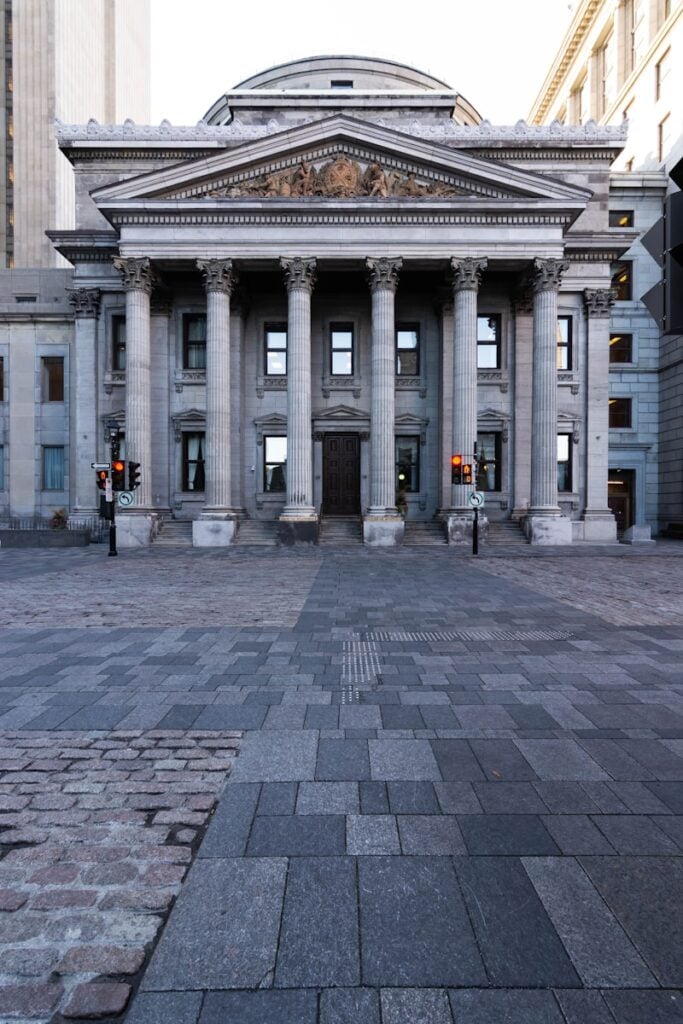Initiating collection proceedings against a business debtor often involves targeting its most valuable assets. While the seizure of company shares is a well-known option, creditors may also be interested in other assets, such as the business goodwill or operating licences on which the business depends. However, the nature of these assets makes them particularly complex to enforce. Contrary to popular belief, not all of them are subject to the classic seizure of intangible rights. The law imposes specific procedures and even erects obstacles that make seizure purely and simply impossible. Understanding these different regimes is a crucial step for any creditor wishing to assess their chances of success. The failure of a seizure procedure can result in significant costs and wasted time, justifying a assistance with enforcement proceedings against business assets.
Goodwill: a seizure excluded from the procedure for intangible rights
Goodwill, which represents all the items used by a trader to attract customers, is a special type of intangible personal property. Because of its heterogeneous composition (trade name, leasehold rights, equipment, etc.), it cannot be seized using the procedure for seizing intangible rights. The legislator has provided for a specific enforcement procedure designed to preserve the value of this asset while organising its sale for the benefit of creditors.
Specificity of the procedure for the forced sale of a business
The seizure of a business is governed by articles L. 143-1 et seq. of the French Commercial Code. The formalities involved are more similar to a seizure of property than to a conventional seizure of movable property. The procedure begins with a summons to pay served on the debtor, specifically targeting the business. If the debtor fails to pay, a seizure report is drawn up. This is not an ordinary seizure and sale: the forced sale of the business must be carried out by public auction, after a reserve price has been set and specific advertising formalities have been carried out. This cumbersome procedure is designed to ensure that the assets are realised at the best possible price, thereby protecting the interests of the debtor and the various creditors, whether unsecured or preferential, such as the beneficiary of a pledging a business as collateral security.
The unseizability of customers independently of the business
The customer base is often described as the central and essential element of a business. However, it has no independent legal existence. It cannot be sold or seized separately from the business to which it is attached. Case law considers the customer base to be a consequence of the exploitation of the other elements of the business (location, sign, know-how). Consequently, a creditor cannot target the customer base as such. The only way to increase the value of this "asset" is to bring about the sale of the entire business, in the hope that the buyer will manage to retain the customers and therefore the economic value of the business.
Seizure of ministerial offices: de facto unseizability
Ministerial offices, such as the offices of bailiffs, notaries or auctioneers, are exempt from seizure in principle. This protection does not derive from an explicit legal provision, but from the rules governing access to these regulated professions. Their special status places them outside the scope of traditional seizures, as part of a broader approach that protects certain professions. unseizable goods of the debtor's assets.
The principle of non-transferability of the title of ministerial officer
The holder of a ministerial office performs a function conferred on him or her by the State. The right of presentation, i.e. the right to propose a successor for approval by the Keeper of the Seals, is a property right. However, this right is strictly personal (intuitu personae). It cannot be transferred freely, and even less can it be the subject of a forced sale that would bypass state control. The transfer of an office is subject to conditions of competence, good repute and discretionary approval by the public authorities. This fundamental characteristic makes the title itself non-transferable without the agreement of the public authorities.
Incompatibility of the auction with ministerial approval
The direct consequence of this intuitu personae is the legal impossibility of proceeding with a sale by auction. Such a sale would award the office to the highest bidder, with no guarantee that the successful bidder would meet the conditions required to practise the profession. The seizure mechanism is therefore incompatible with the ministerial approval procedure, which is the cornerstone of the system of public and ministerial officers. The creditor cannot therefore force the sale of the office in order to pay himself out of the price. At most, the creditor will be able to seize the ministerial officer's remuneration or claims, but not his or her main work tool.
Entering operating licences: specific regimes
Many professions require an administrative licence. Whether it is a pharmacy, a public house or a taxi, these authorisations have an undeniable asset value. However, their seizability is far from uniform and depends closely on the legal framework specific to each sector of activity. The creditor must analyse the precise nature of the licence before taking any action.
Pharmacy licences: seizability linked to business assets
The licence to operate a pharmacy is intrinsically linked to the pharmacy's business. It is not considered an autonomous intangible right that could be seized separately. The law makes its grant and transfer subject to strict geographical and demographic criteria, and it is tied to a specific place of operation. As a result, a creditor cannot isolate the licence in order to sell it. The only possible route is to seize the pharmacy's business as a whole, using the compulsory sale procedure specific to business assets. The value of the licence will then be included in the overall auction price of the business.
Licensing of public houses: conditions of seizure and third-party detainer
Unlike pharmacy licences, public house licences (licences III and IV) are considered to be intangible assets that can be seized. They can be sold independently of the business to which they were attached, provided that the transfer complies with the rules set out in the Public Health Code (protected areas, etc.). The procedure for seizing intangible rights applies here. The creditor can have the licence seized from the debtor or a third party. The act of seizure renders the licence unavailable, preventing the debtor from selling it. The seizure is carried out by auction or by amicable sale with judicial authorisation, enabling the creditor to recover its claim from the price obtained.
Taxi licences: distinction between regimes and limits on seizability
The case of parking permits (ADS), commonly known as "taxi licences", is particularly technical. There are two different regimes. Licences issued before 1 October 2014 were freely transferable and constituted a genuine asset. As such, they could be subject to seizure under the intangible rights procedure. By contrast, the Thévenoud Act changed the regime for ADSs issued after that date: they are now non-transferable and non-transferable. Attached to the person of the driver who obtained them, they revert to the competent administrative authority at the end of the activity. These new licences therefore have no market value and cannot, by definition, be seized. This dual system means that the creditor must carefully check the date on which the licence was obtained before considering any legal action.
Practical issues and legal challenges for creditors
The seizure of intangible business assets is a complex area where a procedural error can be fatal to the creditor's case. The heterogeneity of the legal regimes applicable to business assets, offices and the various operating licences creates real practical challenges. Rigorous prior analysis is the key to securing the recovery procedure.
The importance of accurately identifying the nature of the business asset
First and foremost, the creditor must unequivocally identify the legal nature of the asset he is seeking. Is it a business including a licence, a licence that can be transferred independently, or a personal authorisation that cannot be seized? The answer to this question determines the whole strategy. For example, confusing a transferable taxi licence with a new non-transferable licence will lead to a procedure that is doomed to failure. Similarly, the question may arise for other assets, such as the value that a customer file may represent, the apprehension of which is also governed by specific rules, particularly in terms of data protection. The entry of customer files is a separate procedure that must be conducted with caution.
Adapting the procedure to the specific characteristics of each degree
Once the asset has been identified, the creditor must apply the appropriate procedure. Attempting to seize intangible rights over a business will be sanctioned by nullity. Conversely, failure to comply with the formalities for the seizure of intangible rights in respect of a public house licence will render the seizure ineffective. Each stage, from the act of seizure to the completion of the sale, must scrupulously comply with the applicable legislation. This complexity shows that the seizure of business assets cannot be improvised and requires legal expertise to avoid procedural pitfalls and maximise the chances of recovery.
The diversity of systems applicable to the seizure of businesses and operating licences illustrates the need for a detailed analysis before any action is taken. Initiating an inappropriate procedure not only wastes time, but also represents a financial risk for the creditor. To assess the feasibility of a seizure on this type of asset and secure your collection efforts, contact our team of lawyers.
Sources
- Commercial Code (in particular articles L. 141-5 et seq. on pledges and L. 143-1 et seq. on seizure of business assets)
- Code of Civil Enforcement Procedures (in particular articles L. 231-1 et seq. on the seizure of intangible rights)
- Public Health Code (for pub and pharmacy licences)
- Law no. 2014-1104 of 1 October 2014 on taxis and chauffeur-driven transport vehicles (known as the "Thévenoud Law").




